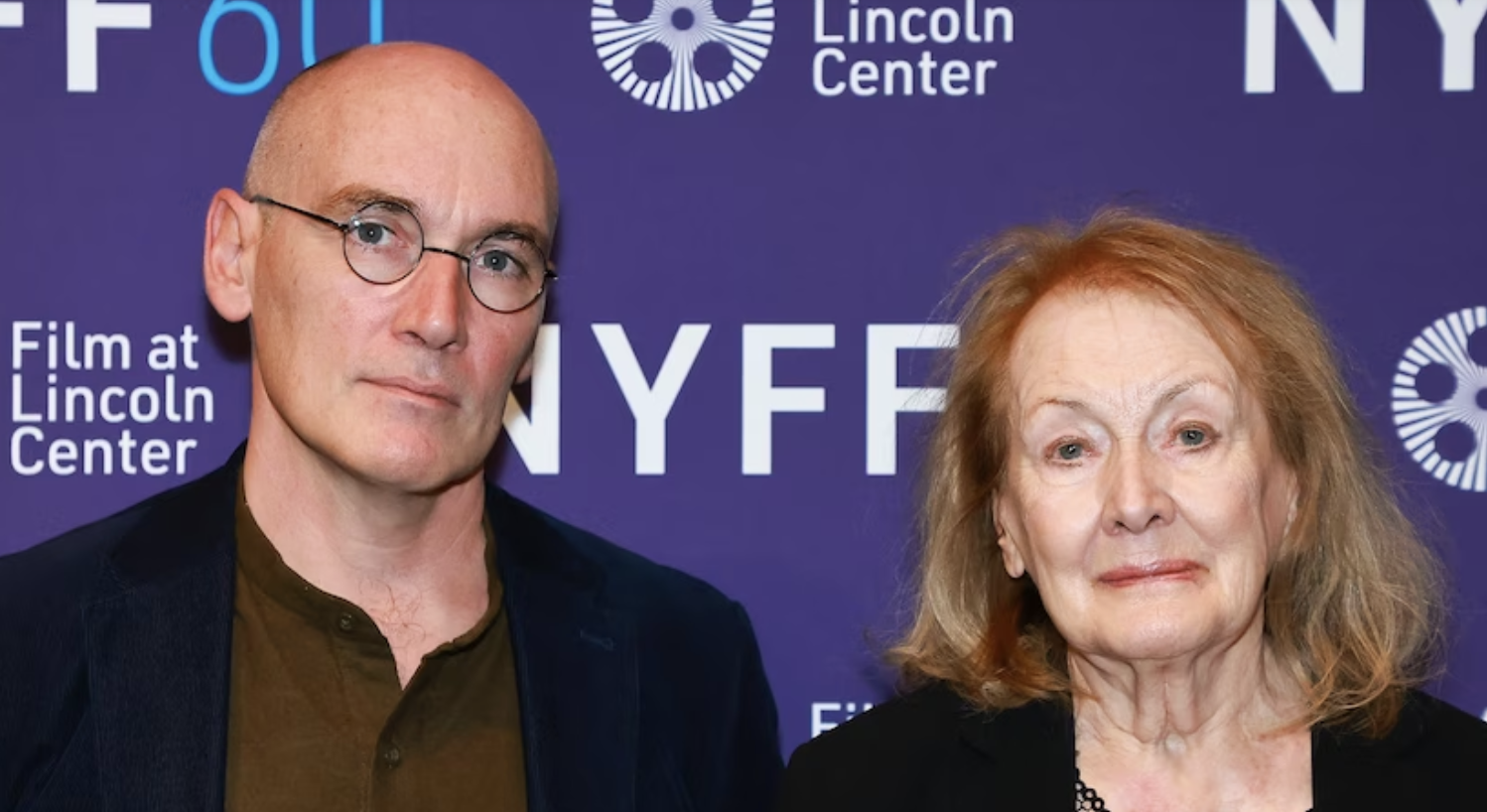Annie Ernaux is one of the great, living authors; a deeply personal wordsmith with an unconventional writing style, blending the line between reality and fiction, using her life experiences to write memories that are both stirring and fascinating, poetic and striking. She allows her readers the chance to understand not only the life she has led, but the world she grew up in, and so needless to say for her fans – and newcomers – the opportunity to have visual images illustrate her memories makes for truly compelling viewing, so needless to say, we were thrilled to have the opportunity to sit down with the literary icon to discuss documentary The Super 8 Years. Bringing together home videos from across her life, we discuss the film with her in Paris, alongside her son David Ernaux-Briot, who also features prominently within the movie, and has a co-director credit alongside his mother.
As a memoirist, you have this wonderful ability to reconcile with your past, and illustrate your memories and articulate them into writing. What sort of a new, different challenge was it to do something similar, but using visual images instead?
Annie Ernaux: I usually don’t work in this, this is where the difference lies, I don’t work with images, and if sometimes I can look at images they certainly are not moving images, and here I was also having those personal images so it was a very different work but I look at it as work, as writing work, but at first it was a bit disconcerting when I started.
Do you consider this movie a memoir?
AE: Yes, it’s a part of my work. It comes as a par for the course.
David what has it meant to you to have access to your mother’s history through her work, in a way that most people don’t? We all have stories from our parents who can tell us about their lives, you have it written in published form. What has it meant to you having that access growing up?
David Ernaux-Briot: I don’t know what it is not to have access to the story of my mother, I think it’s a form of luck, but also my mother doesn’t write to speak only about herself, she writes about an individual in a specific situation in a social-political-historical context.

As the film is home videos it is very personal to you both, was there ever any hesitation about putting it out into the world, any footage you deemed too personal to share with audiences?
DEB: We had no limitation whatsoever, I didn’t put my images of my cousins though they were mentioned in the text, and we ignored some possible legal issues so we just decided to only put ourselves, but more over, those images had been made to be shown, and we watched them and we showed them when they made, when they were filmed. They were meant to be shown.
In some ways do you think that Philippe is the co-director, a contributing director of this movie?
DEB: The cinematographer!
Have your kids seen this, David? If so, is it quite special to share this film with your children?
DEB: My kids are very young, 11, nine and four. What they liked was to see their dad as a kid, a teenager, their kids making faces. Though thinking about your previous question, there were faces we didn’t show. But that’s a lot of fun to see me on the screen.


One thing I loved were the holidays you used to go, places such as Chile, Albania, quite politically charged places at the time you travelled. What made you decide to go to places like this back then?
AE: You have to know that those days were far more political, France had been run by right-wing politicians, the film stops in 1981 with Mitterrand, the first left-wing President since the war. So there were a lot of issues at stake in France and we were also very interested, in Chile for instance, we were interested by Allende, interested by this experiment of the Popular Unity, it was a trip that had been organised by a left-wing newspaper, a weekly one. Then Albania was more by chance, this political regime was so special, and rather frightening, it was a regime based on one from China and it was the same for the Russian regime, the Soviet Union, and we had this interest really for communism, it has to be said, there was this attraction in understanding how it worked.
I’m quite a nostalgic person and I find memories quite painful sometimes. I wondered when you both watch this can it be quite difficult at times, and emotional to watch it back?
AE: When I was writing it was not the realm of emotions, but once I saw the film finished, yeah there was some sort of romantic nostalgia there, it’s a bit melancholic, really.
The Super 8 Years is out now.









